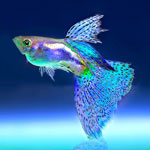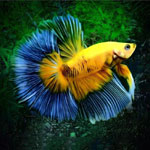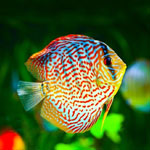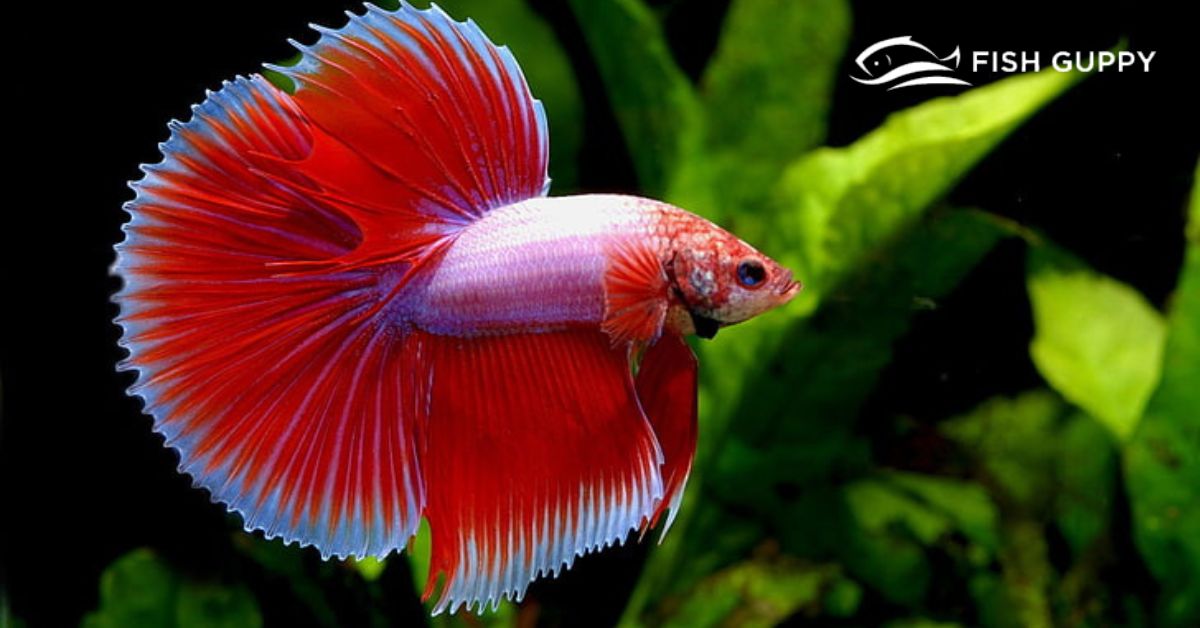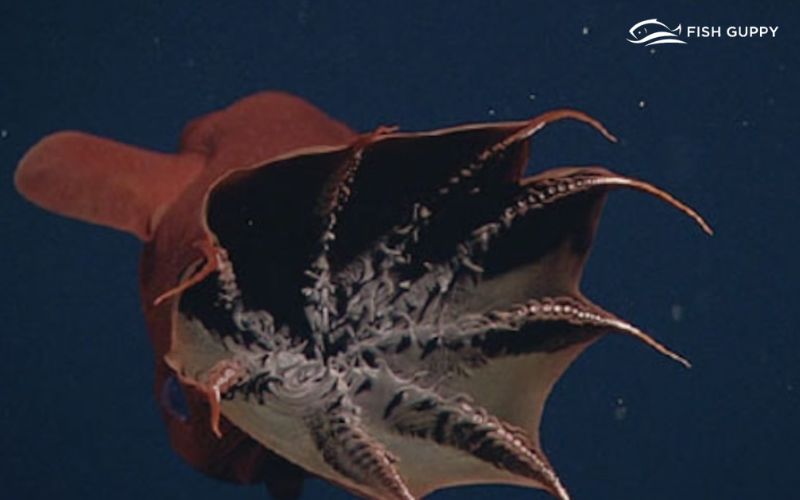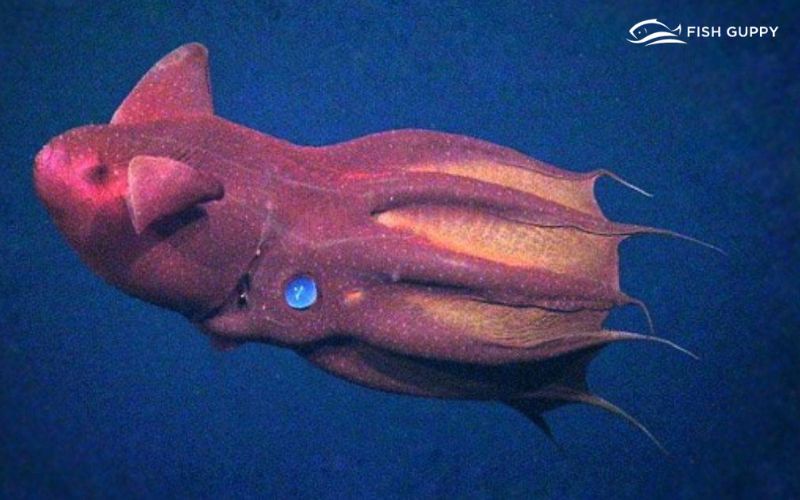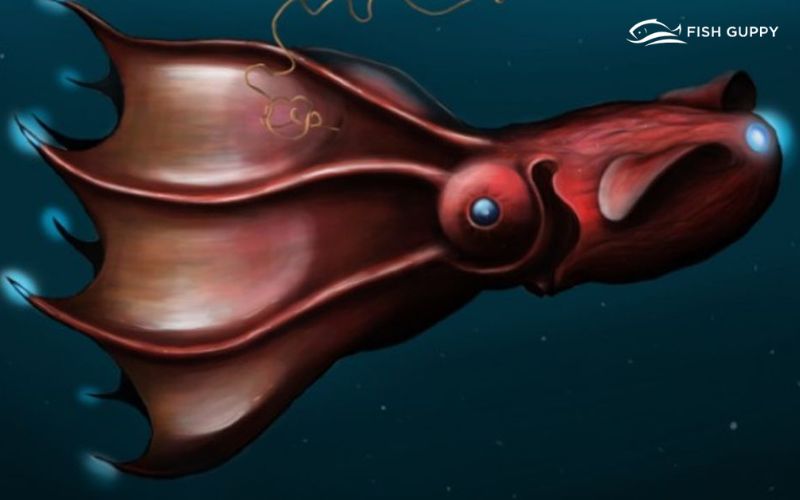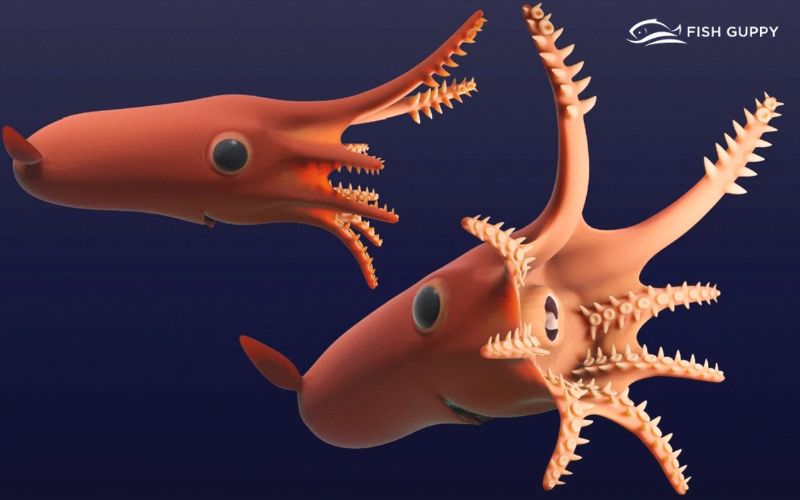How Long Do Vampire Squids Live?
June 24, 2023 Vampire Squid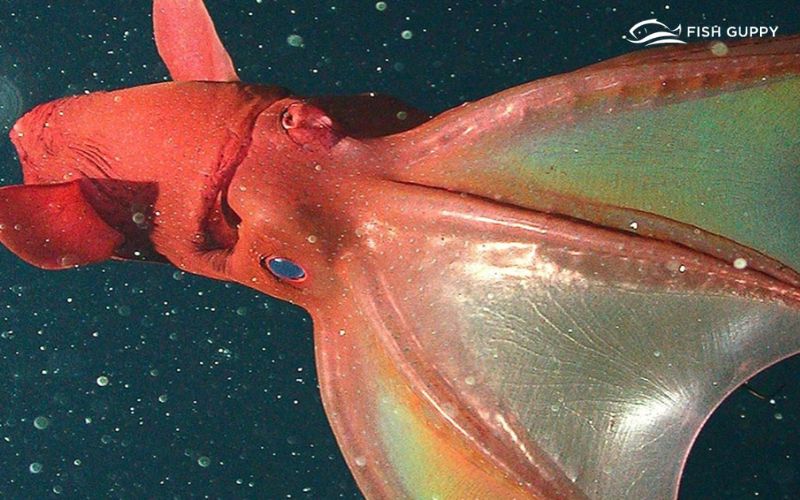
The vampire squid (Vampyroteuthis infernalis) is an enigmatic creature that inhabits the deep-sea realms of our oceans. With its unique appearance and mysterious adaptations, many questions arise about the lifespan of these intriguing cephalopods. In this blog, we will explore the lifespan of vampire squids and shed light on the factors that influence their longevity.
Mysterious Deep-Sea Dwellers: Vampire squids reside in the mesopelagic and bathypelagic zones, where light is scarce, and extreme pressures prevail. Due to the challenges associated with studying these deep-sea dwellers, gaining precise information about their lifespan has proven to be a complex task.
Estimating Lifespan: While there is limited direct evidence regarding the exact lifespan of vampire squids, scientists have made estimations based on their life history traits and comparisons with related species. It is believed that vampire squids have relatively long lifespans compared to many shallow-water cephalopods.
Slow Metabolism and Low Energy Environment: The deep-sea environment, where vampire squids reside, is characterized by low temperatures, scarce food resources, and low oxygen levels. In such an energy-deficient habitat, these creatures have adapted to have a slow metabolic rate, which may contribute to their extended lifespans.
Reproductive Strategy: Vampire squids have a unique reproductive strategy that might influence their lifespan. They are thought to have low fecundity, meaning they produce fewer offspring compared to other cephalopods. This may suggest a longer lifespan, as they invest more energy and time into the growth and development of individual offspring.
Genetic Adaptations: Some deep-sea organisms, including vampire squids, exhibit genetic adaptations that potentially contribute to their extended lifespans. These adaptations are thought to enhance their ability to withstand the extreme conditions of the deep sea and increase their chances of survival over an extended period.
Environmental Factors: While vampire squids have adaptations that help them cope with the deep-sea environment, external factors such as temperature, food availability, and predation can still influence their lifespan. Changes in these environmental conditions, such as shifts in oceanic currents or variations in prey abundance, may impact the longevity of vampire squids.
Ongoing Research: Given the challenges of studying deep-sea organisms, our understanding of vampire squid lifespans is still evolving. Scientists continue to explore new technologies and methods to gather more accurate data on the lifespan and longevity of these mysterious creatures.
Conclusion
While precise information on the lifespan of vampire squids is still being unraveled, their unique adaptations and the challenging deep-sea environment they inhabit suggest that they have relatively long lifespans compared to many other cephalopods. Factors such as slow metabolism, low energy availability, reproductive strategies, and genetic adaptations likely contribute to their extended lifespans. Ongoing research in the field of deep-sea exploration will undoubtedly provide further insights into the lifespan and longevity of these captivating creatures.
Also read about life cycle of vampire squid
